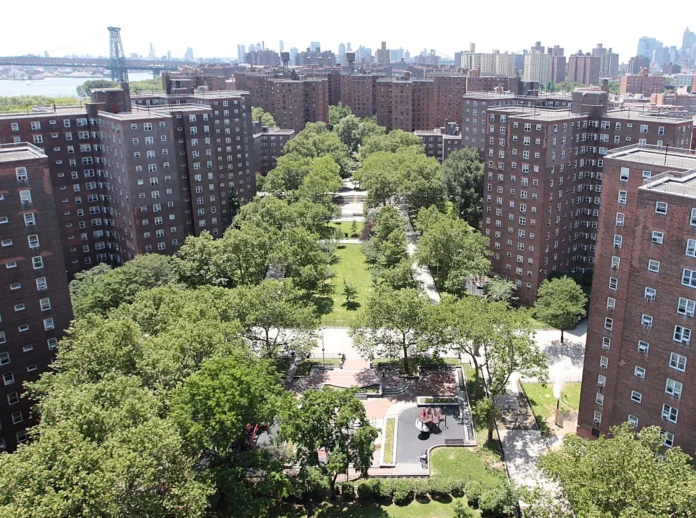NYC housing costs may climb further as the city considers a new plumbing regulation. The proposed bill would require licensed master plumbers or qualified assistants to handle all residential inspections and replacements of gas appliances, including stoves and dryers.
Critics warn that the measure could drive expenses higher and create scheduling delays. Currently, only about 1,100 master plumbers meet the bill’s requirements. Their services come at a premium, and this limited workforce may struggle to meet demand efficiently.
Experts estimate that the regulation could increase installation or replacement costs by at least $500 per appliance. Additionally, landlords might pass these added costs directly to tenants, further straining already high rents. Currently, the average monthly rent in New York City sits at around $4,000, which is roughly 146% higher than the national average.
The New York Apartment Association emphasized logistical challenges associated with this regulation. CEO Kenny Burgos explained that the city has too few qualified plumbers to handle the volume of appliances in residential buildings. Therefore, tenants and property owners could face longer wait times and higher fees under the new rules.
Furthermore, proponents argue that the regulation would improve safety standards. The NYC Plumbers’ Union highlighted that improper installation of gas appliances could expose residents to fire and explosion hazards. Therefore, enforcing stricter requirements aims to reduce potential risks while maintaining compliance across the city.
Meanwhile, opponents maintain that the economic impact may outweigh safety benefits. Small increases in labor costs could significantly affect property budgets and rental prices. Moreover, delays in scheduling inspections or replacements could disrupt building operations and inconvenience residents.
Analysts suggest that the proposed plumbing regulation could be a tipping point in NYC housing costs, especially for lower- and middle-income tenants. The bill demonstrates the delicate balance between improving safety and maintaining affordability in one of the most expensive housing markets in the U.S.
Overall, NYC housing costs are likely to rise if the bill passes. Property owners and tenants will need to prepare for added expenses and longer wait times. The regulation highlights the ongoing tension between safety compliance and affordability in New York City’s real estate market.
For more business news, visit DC Brief.


